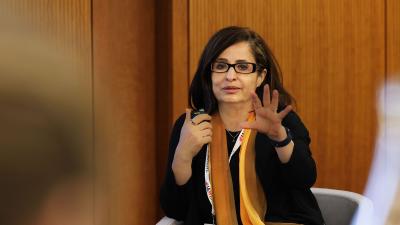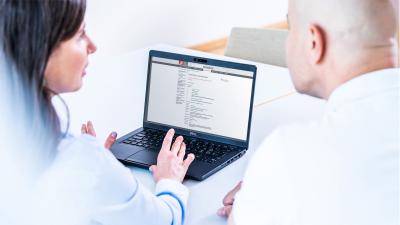Modernising EPO’s online services with MyEPO
The European Patent Office's (EPO) online services continue to evolve, making it easy for applicants to conduct their EPO business online. Over the last year, several releases have enriched the digital patent granting process used today by more than 7 500 representatives.
As we set out in our MyEPO Roadmap published in May, it's now time to modernise access to our online services. This involves transitioning from physical EPO smart cards to two-factor authentification, with which users can already access MyEPO and other platforms.
We will gradually phase out the use of smart cards and move towards two-factor authentication (2FA) as the default method for identification and access.
Key milestones of this process are as follows:
- As of 1 July 2023 and 1 November 2023, users can use 2FA to sign into our core patent granting related services, including MyEPO and eOLF (version 5.15).
- As of 29 December 2023 at 18.00 hrs CET, we will no longer accept requests for new smart cards, including requests to renew expired smart cards or replace lost smart cards. An exception will be made for users already filing with national offices that do not offer an alternative to the EPO smart card: in such cases, we will continue to accept requests to renew smart cards or to replace them until 18.00 hrs CEST on Monday, 30 September 2024.
- Users will continue to be able to access EPO online services using unexpired smart cards until 31 December 2024. From 1 January 2025 onwards, smart cards will be discontinued and users will only be able to sign into online services via two-factor authentication.
We advise all smart card users to switch to two-factor authentication as soon as possible. Full information can be found on our website. Follow these steps to make the switch.
The MyEPO journey so far
Our two-year roadmap outlines the upcoming services and features that will enhance the digital user journey and make it easier for patent applicants, opponents and representatives to conduct their EPO business.















